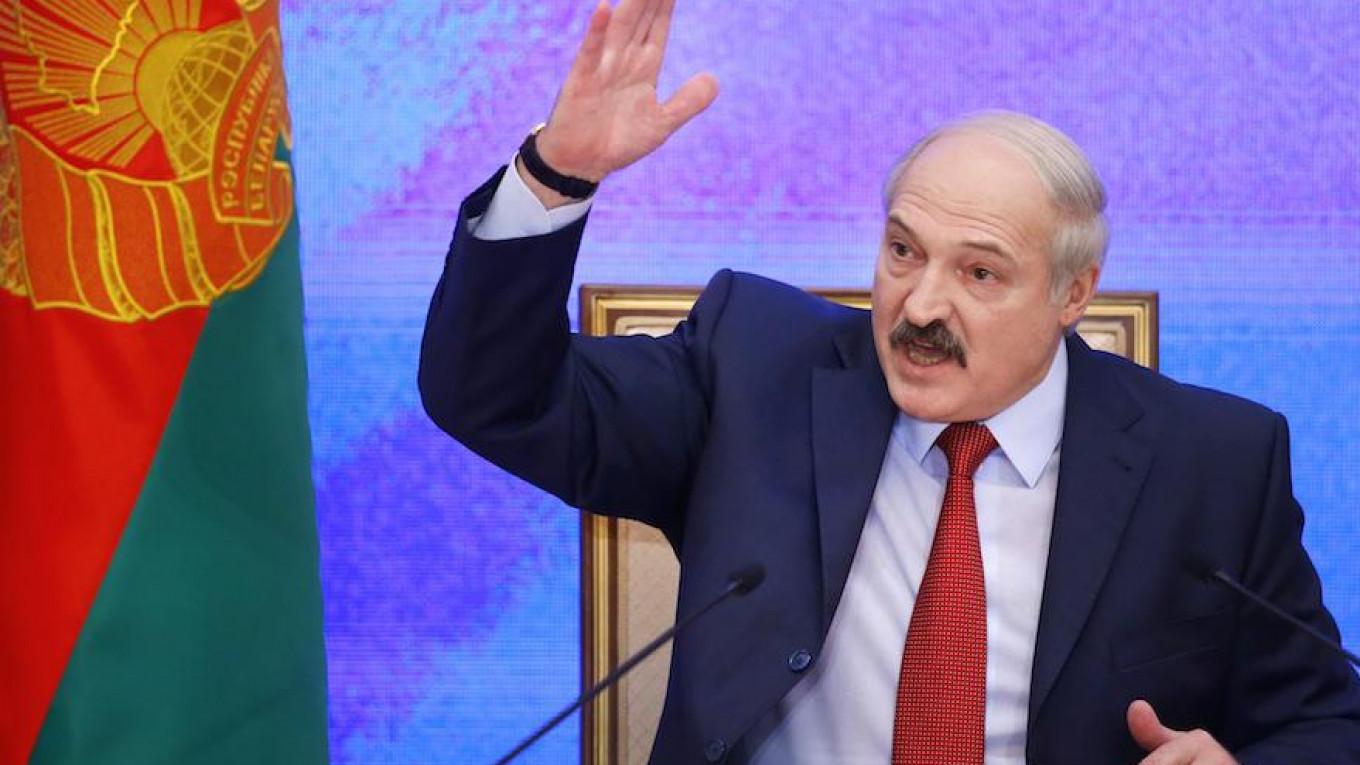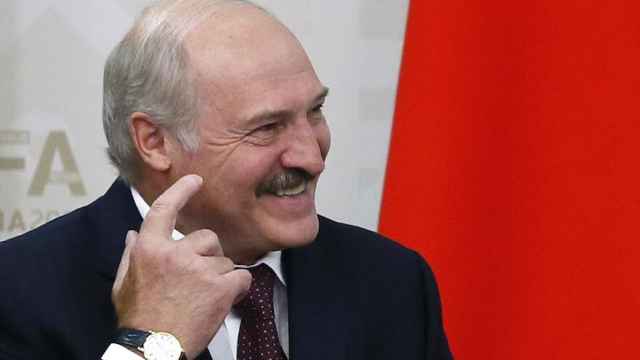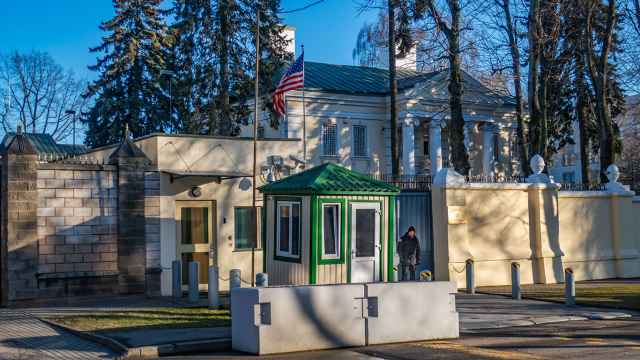Belarus has accused the Kremlin of building a new border zone between the two former Soviet states without notifying the Belarusian government.
Maria Vanshina, spokesperson Belarussian Foreign Ministry, said that Russia's decision to reenforce the border broke legal agreements between the two nations.
She warned Russian officials that many Belarussians see the move as a step to reintroducing full migration controls across the border.
The head of Russia's Federal Security Service (FSB) signed an order introducing border controls in Russia's Bryansk, Smolensk and Pskov regions on Feb. 1. The controls are set to come into force Feb. 7.
Konstantin Kosachev, the head of Russia's Federation Council Committee on International Affairs, stood by the decision. He said the border areas are necessary to properly vet travelers from outside Belarus and Russia.
"We are talking about the citizens of third countries, such as neighboring Ukraine,” he said. “This change is designed ensure that the Russian border here works as it does elsewhere, not to place stress on our relationship with Belarus.”
Russian and Belarusian citizens have had the right to live and work in either country without formal migration controls since 1996. Both nations went on to enter a customs union in 2010, virtually erasing the border between the two countries.
The soft border has become an increasingly attractive target for smugglers seeking to cash in on Russian sanctions against the EU, sneaking embargoed Western food products into Russia via Belarus.
Tension between the countries also escalated after Aleksander Lukashenko, Belarus' long-time president, signed a decree allowing the citizens of the EU, the United States and 41 other states to visit Belarus for up to five days without a visa. The decree only applies to foreigners arriving in Belarus via Minsk Airport, and only if they have not arrived on a flight from Moscow.
A Message from The Moscow Times:
Dear readers,
We are facing unprecedented challenges. Russia's Prosecutor General's Office has designated The Moscow Times as an "undesirable" organization, criminalizing our work and putting our staff at risk of prosecution. This follows our earlier unjust labeling as a "foreign agent."
These actions are direct attempts to silence independent journalism in Russia. The authorities claim our work "discredits the decisions of the Russian leadership." We see things differently: we strive to provide accurate, unbiased reporting on Russia.
We, the journalists of The Moscow Times, refuse to be silenced. But to continue our work, we need your help.
Your support, no matter how small, makes a world of difference. If you can, please support us monthly starting from just $2. It's quick to set up, and every contribution makes a significant impact.
By supporting The Moscow Times, you're defending open, independent journalism in the face of repression. Thank you for standing with us.
Remind me later.







